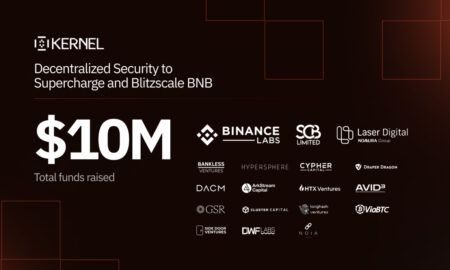There has been a massive uptick in the reported cases of possible money laundering on Japanese cryptoasset exchanges, according to reporting by the South China Morning Post (SCMP).
Roughly 7,000 cases have been reported to Japanese police since December, 2018, ten times more than during the period between April and December of 2017. In December 2017, it became mandatory for Japanese exchanges to report suspicious activity.
These findings are consonant with what seems to be a general crackdown in Japan. CryptoGlobe reported late last year that the country’s tax agency announced new requirements for Japanese exchanges.
To wit, exchanges became required in December to produce customers’ identification details, and the agency pledged to pursue traders who had failed to report gains of 10 million JPY (about $90,000) and up.
The SCMP also reported that identification photos used on exchanges had been used multiple times for different profiles. Japanese police say they will begin to train specialists to analyze blockchain transactions, in an effort to find illegal activity.
KYC/AML
Increased scrutiny on crypto is a broad and ever-growing theme in the industry. CryptoGlobe recently reported that peer-to-peer exchange LocalBitcoins will begin complying with a new EU-wide regime of financial laws, that for the first time treat of digital assets.
Once a pillar of anonymous Bitcoin trading, Finland-based LocalBitcoins began to ask for identification data last year, leading to increased interest in more private exchanges like Bisq and HodlHodl.
CryptoGlobe has reported in past months on the implementation of that EU-wide financial regime, the Fifth Anti-Money Laundering Directive (5MLD), which has begun to take effect on the continent.








